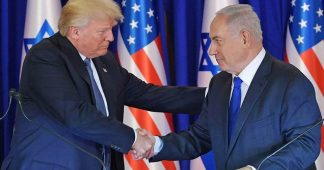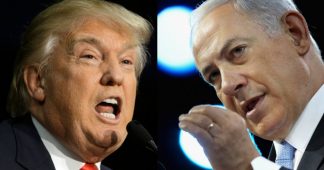9 October 2019
There was an element of the bizarre in the swearing-in ceremony of Israel’s Knesset (parliament) last week.
Only five months had passed since the last time newly elected members took the oath and, given continued political paralysis after another round of inconclusive elections, they may have to do it all over again soon.
Added to that, Israeli Prime Minister Benjamin Netanyahu’s grim, almost apocalyptic speech could not have been less festive. He warned of an imminent war with Iran and unprecedented security challenges, saying it was unlike any remembered since the days of the 1973 Yom Kippur War.
Granted, his words were seen by many commentators as familiar campaign rhetoric aimed at making the case for why he should continue to lead the country, even though he failed to win a majority in the September vote.
“Ladies and gents, I give you The Great Iranian Threat,” wrote Ma’ariv columnist Ben Caspit in a sardonic take-down of Mr Netanyahu’s “time-honoured security threat”.
But the speech also helped to fuel angst on the eve of Yom Kippur, the annual Jewish day of atonement during which, 46 years ago, Israel faced a surprise attack from a coalition of Arab armies.
Central to the angst is US President Donald Trump’s Middle East policy, and it’s accompanied by questions about the US leader’s close relationship with Benjamin Netanyahu.
The Israeli prime minister has made that relationship a key selling point of his re-election campaigns, claiming it has delivered in important ways.
Read more at https://www.bbc.com/news/world-middle-east-49973217










